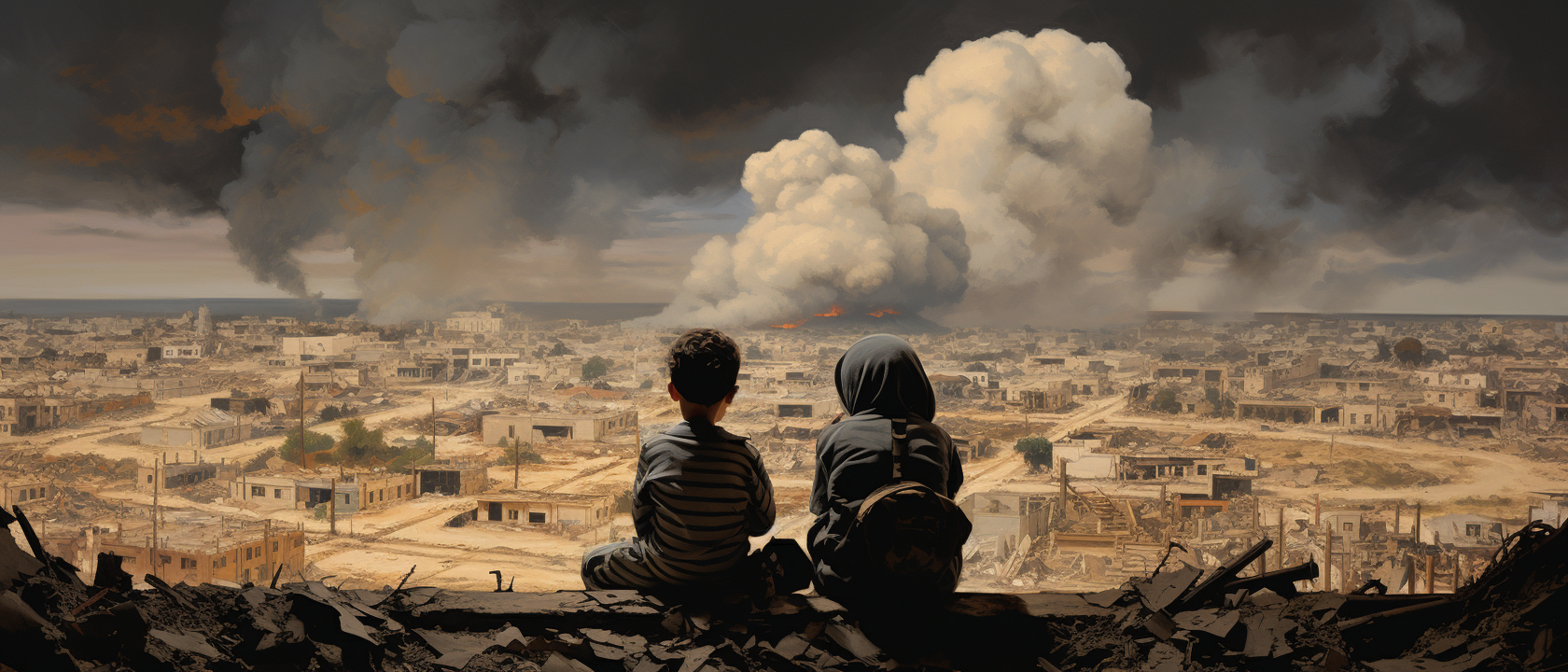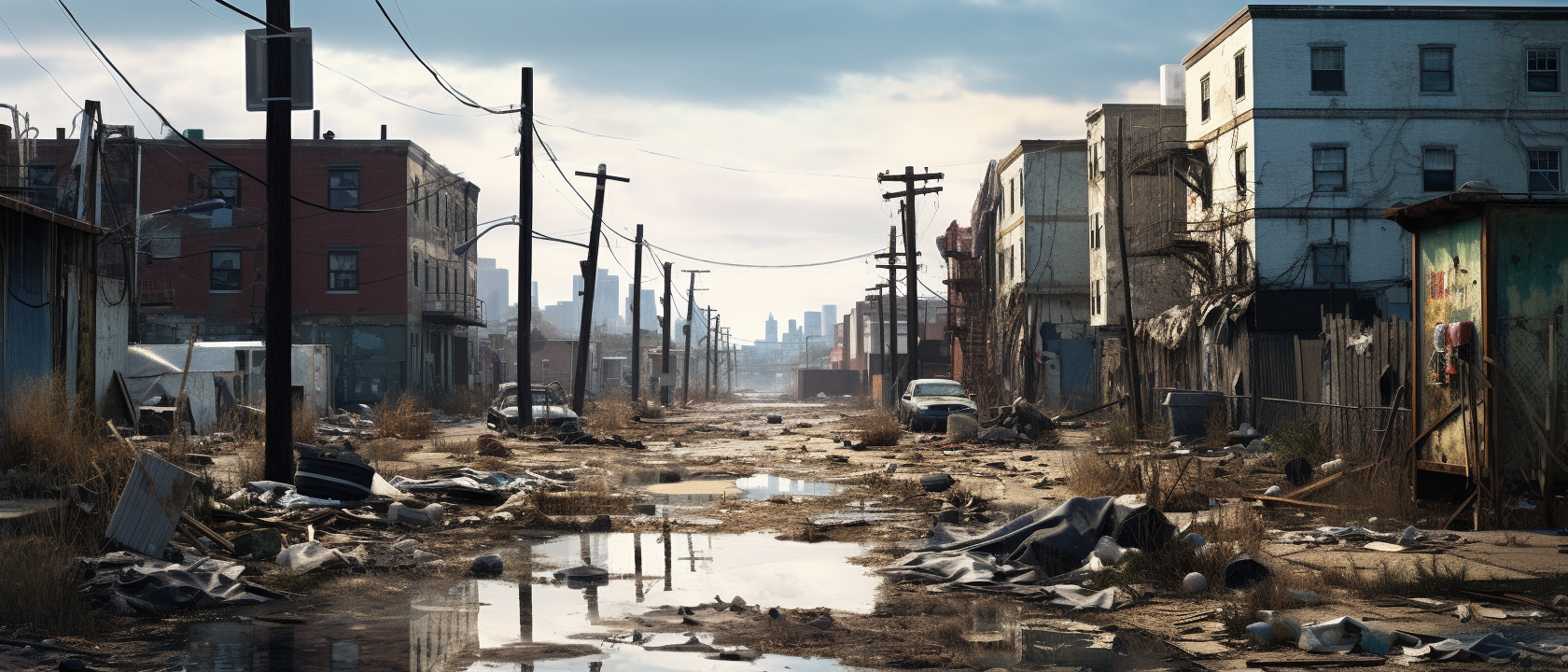Scott Horton on the Middle East Mess
This post was originally published on
Key Takeaways
Core Topics and Themes:
- Public Health Critique: The podcast episode dives into a critical analysis of public health policies, focusing on the response to the COVID-19 pandemic. The host, Tom Woods, has authored a new book, "Diary of a Psychosis," which is described as a fierce critique of the public health establishment's actions during 2020 and beyond.
- Libertarian Institute and Antiwar Stance: The episode features Scott Horton, a prominent figure in the libertarian community, who discusses the origins of the Libertarian Institute and his antiwar stance. The institute was created partially as a platform to support like-minded individuals such as Will Grigg and Sheldon Richman.
- Yemen Conflict and U.S. Involvement: A significant portion of the episode is devoted to the situation in Yemen, including recent Biden airstrikes and the overall U.S. role in the region. Scott Horton offers a nuanced examination of the motives behind U.S. foreign policy and its consequences.
- Israel and Gaza: The discussion also touches on the conflict between Israel and Gaza, with Horton expressing his views on the Israeli government's actions and the international response.
- American Foreign Policy Domino Effect: The episode explores how one U.S. intervention abroad often leads to another, creating a cascade of foreign policy challenges that stem from attempts to rectify previous errors.
In-Depth Analysis:
- The podcast provides an in-depth look at the role of ideology and political interests in shaping public health policies, particularly in the context of the pandemic.
- Horton's insights on the Libertarian Institute's foundation and purpose highlight the intersection of libertarian philosophy and antiwar activism.
- The analysis of the Yemen conflict underscores the complexities of U.S. military interventions and the potential for unintended consequences that exacerbate regional instability.
- Horton's critique of the situation in Gaza reflects a broader concern for human rights and questions the use of the term "genocide" in international law versus popular rhetoric.
- Throughout the episode, there's a recurring theme of how American foreign policy decisions can have far-reaching and sometimes counterproductive effects, illustrating the need for a more cautious and principled approach to international affairs.
Best Quotes
- "It's the most lively, devastating baseball bat to the throat takedown of what the public health establishment did in 2020." - Tom Woods on his book "Diary of a Psychosis."
- "We'll be the perfect little triangle of awesomeness here." - Scott Horton on the founding vision for the Libertarian Institute alongside Will Grigg and Sheldon Richman.
- "What other options might we have other than using violent, deadly force?" - Scott Horton questioning the default use of military intervention in foreign policy.
- "They weren't allowed to tell their stories at the time, but every one of them told me, 'we just want to be heard.'" - Tom Woods on the silenced voices during the pandemic.
- "I'm a boy. I like explosions and loud guns and things... But for grown-ups, the obvious question is lying right there." - Scott Horton on the allure of military action versus the responsibility of considering non-violent alternatives.
Conclusion
This episode of The Tom Woods Show with Scott Horton presents a thought-provoking critique of not just the public health response to the pandemic but also the broader implications of U.S. foreign policy. Through a libertarian lens, the discussion challenges listeners to consider the real human costs of military interventions and the often one-sided narratives presented by authorities and the media. The conversation leaves us with a sense of urgency to reevaluate our approach to both public health and international relations, advocating for increased scrutiny, empathy, and a commitment to hearing all sides of a story before leaping into action. With its comprehensive analysis and poignant quotes, this episode serves as a reminder that our policies, whether domestic or foreign, have profound consequences that demand our careful consideration.




